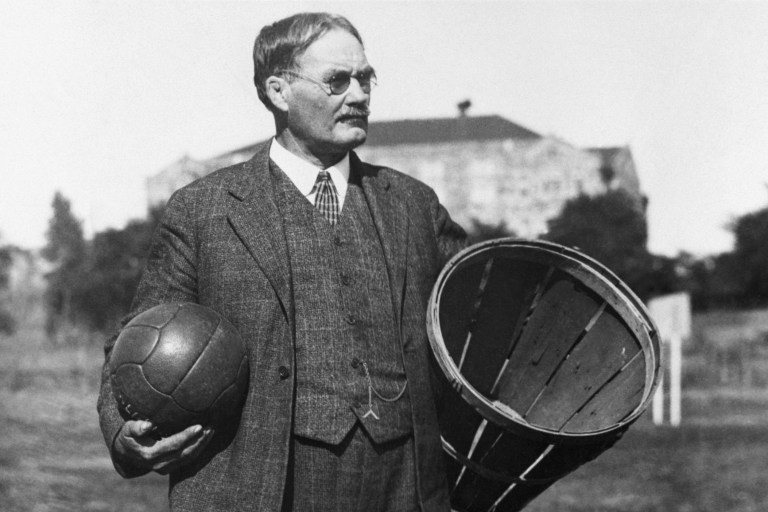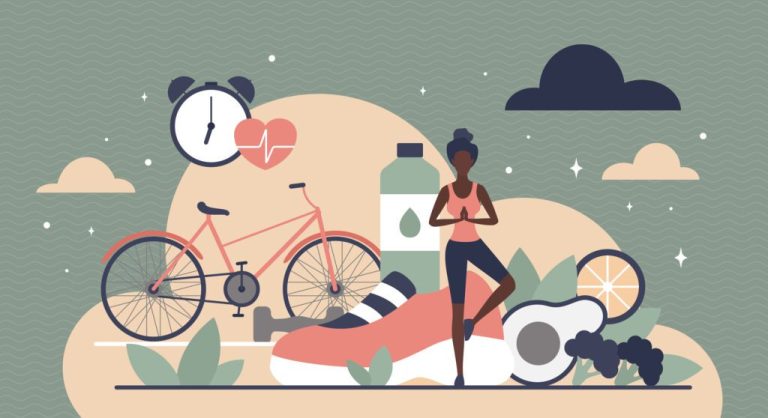Exercise’s impact on mental health is well-documented, and a new study suggests making fitness a team effort bolsters the benefits for children and teens.
The research, published in the journal PLOS One, found children who participated in team sports were 10% less anxious/depressed and 19% less withdrawn/depressed than those who did not participate in any sports. Conversely, those who only participated in individual sports, such as tennis or wrestling, were 16% more anxious/depressed and 14% more depressed/withdrawn than those who didn’t play any sports.
Researchers also found that kids who played team sports had better social, behavioral, and cognitive outcomes compared to those who didn’t do sports at all or those who only participated in individual sports.
“Participation in sport may promote child and adolescent mental health because of the many fruitful opportunities to build social relationships and friendships, which can help foster a sense of belongingness within the athletic context,” the authors wrote.
The study, conducted by Matt D. Hoffmann and colleagues from California State University Fullerton, involved 11,235 children ages 9 to 13. Researchers placed participants into four categories: those who solely played team sports, those who played team and individual sports, those who only participated in individual sports, and those who didn’t participate in any sports. To assess the participants’ well-being, they asked parents and caregivers to score their child’s mental health using the Child Behavior Checklist.
Their findings reflect an earlier study demonstrating the positive impact of team sports on adults’ mental health.
“Youth participation in sports is associated with multiple benefits to health, both physically and mentally, and confers wide-ranging impacts that are not limited to decreased risk of obesity, prevention of chronic disease, scholastic and cognitive benefits, and increased positive adolescent behaviors,” Emily Pluhar, a child and adolescent psychologist at Harvard Medical School, told Verywell Mind. “It also helps in decreasing risk of participation in activities that can negatively impact health and well-being.”
The research also supports another study showing how individual competitive sports may be less beneficial, which some experts attribute to an increased pressure to perform. Another possible reason is those who choose individual sports might be more motivated by achievement than enjoyment and feel greater shame or guilt upon losing a match.
Ultimately, many experts, including Jillian Amodio, a social worker and founder of Moms for Mental Health, say both individual and team sports can be beneficial, as long as the child is having fun.
“Sports, in general, provide an opportunity to learn problem-solving, build confidence, build strength, and to lead a healthy lifestyle. While team sports offer opportunities to learn how to work collectively and collaborate with teammates, it doesn’t necessarily make them better or worse than individual sports,” Amodio told Healthline. “Individual sports such as horseback riding, skating, swimming, or martial arts still have collaborative aspects to them. It also comes down to interests and preferences.”












